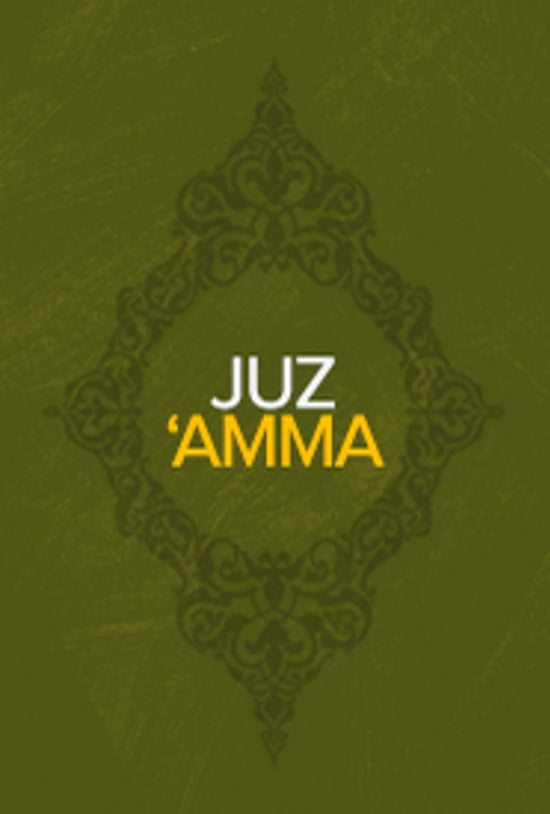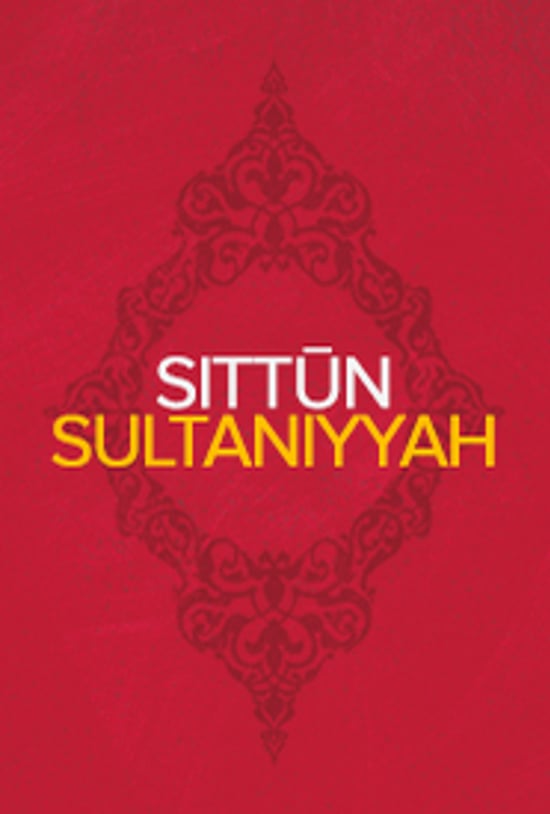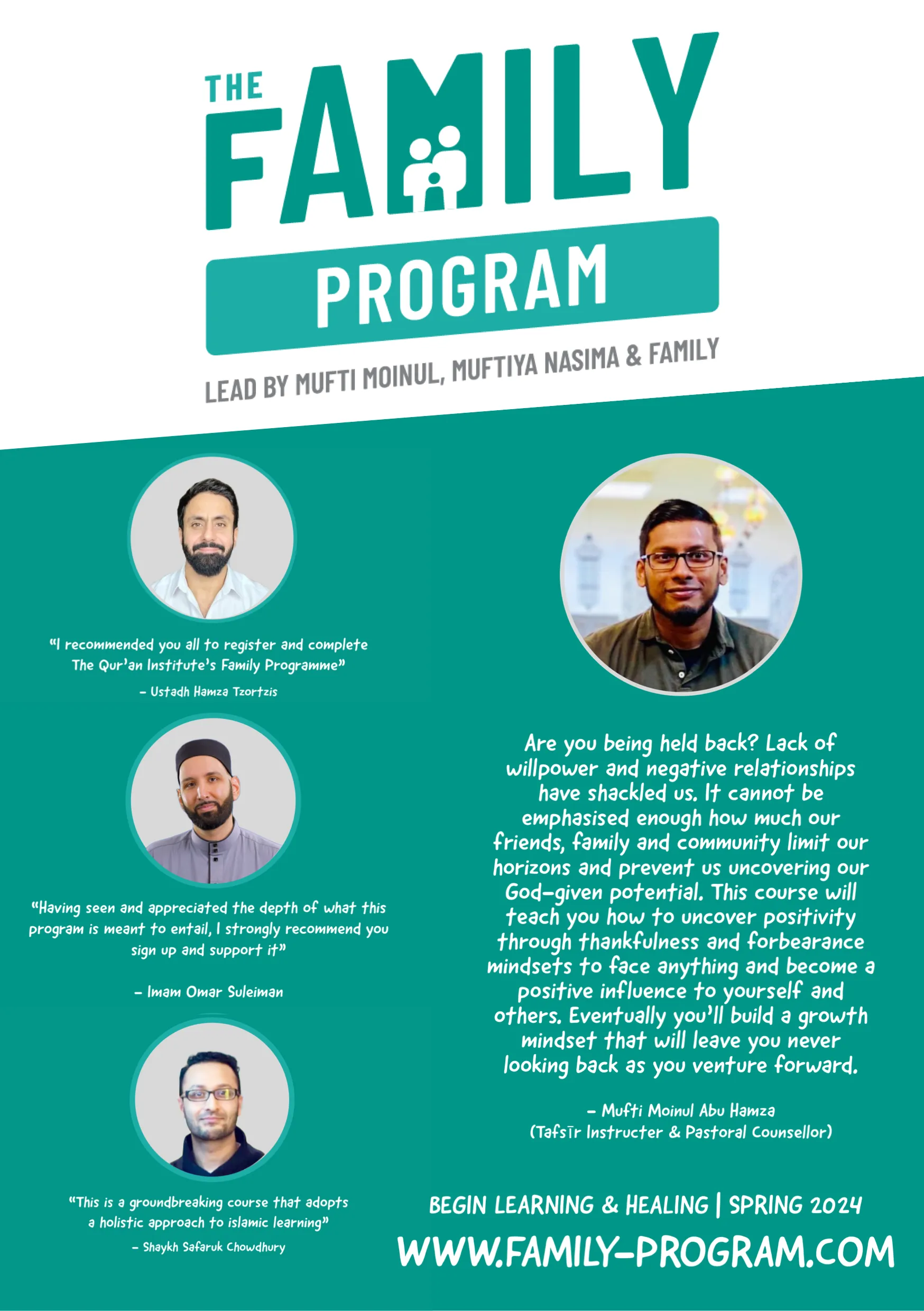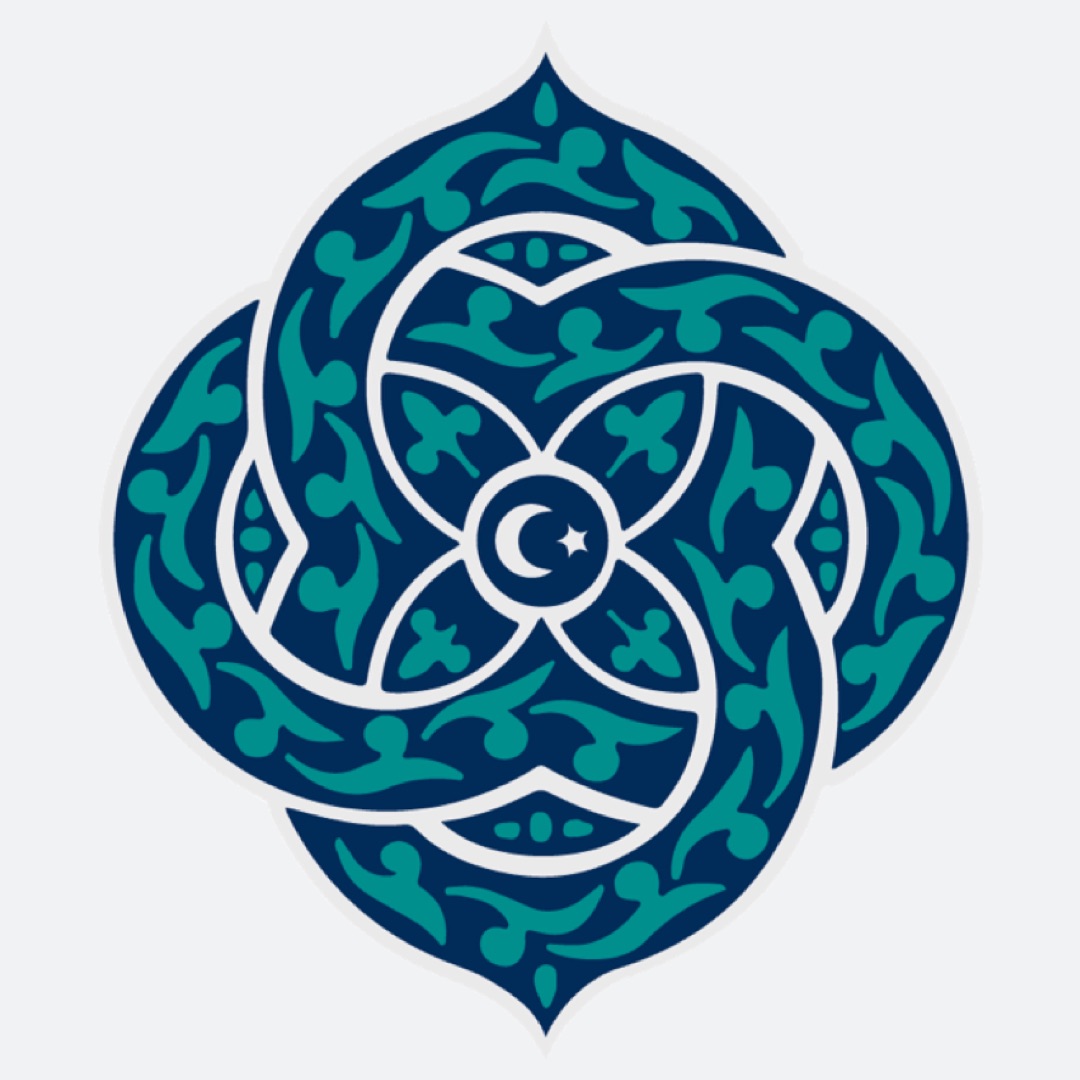Onsite & Online Courses | 2024
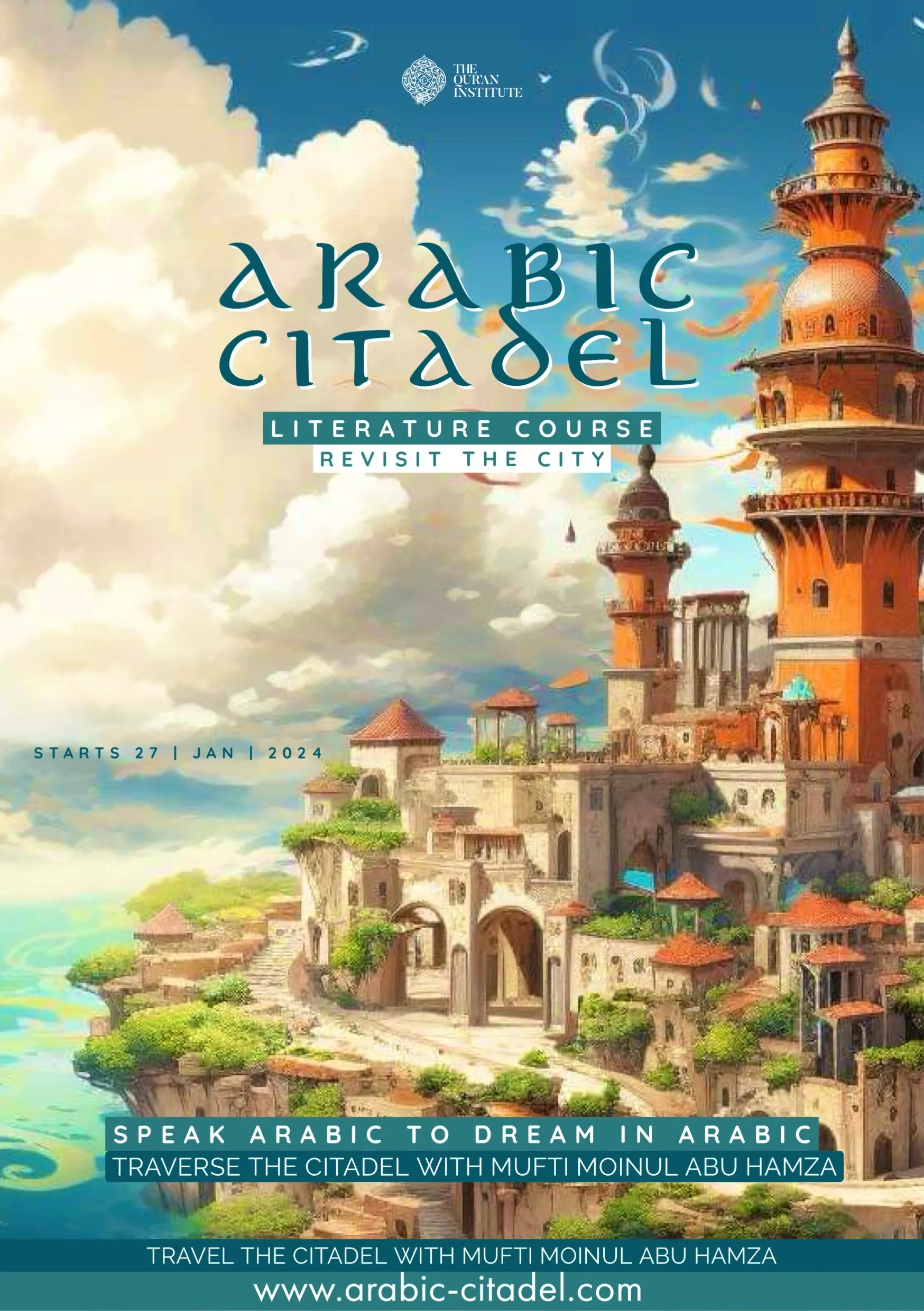
The Arabic Citadel Literature Course
Designed and taught by Mufti Moinul & Muftiya Nasima
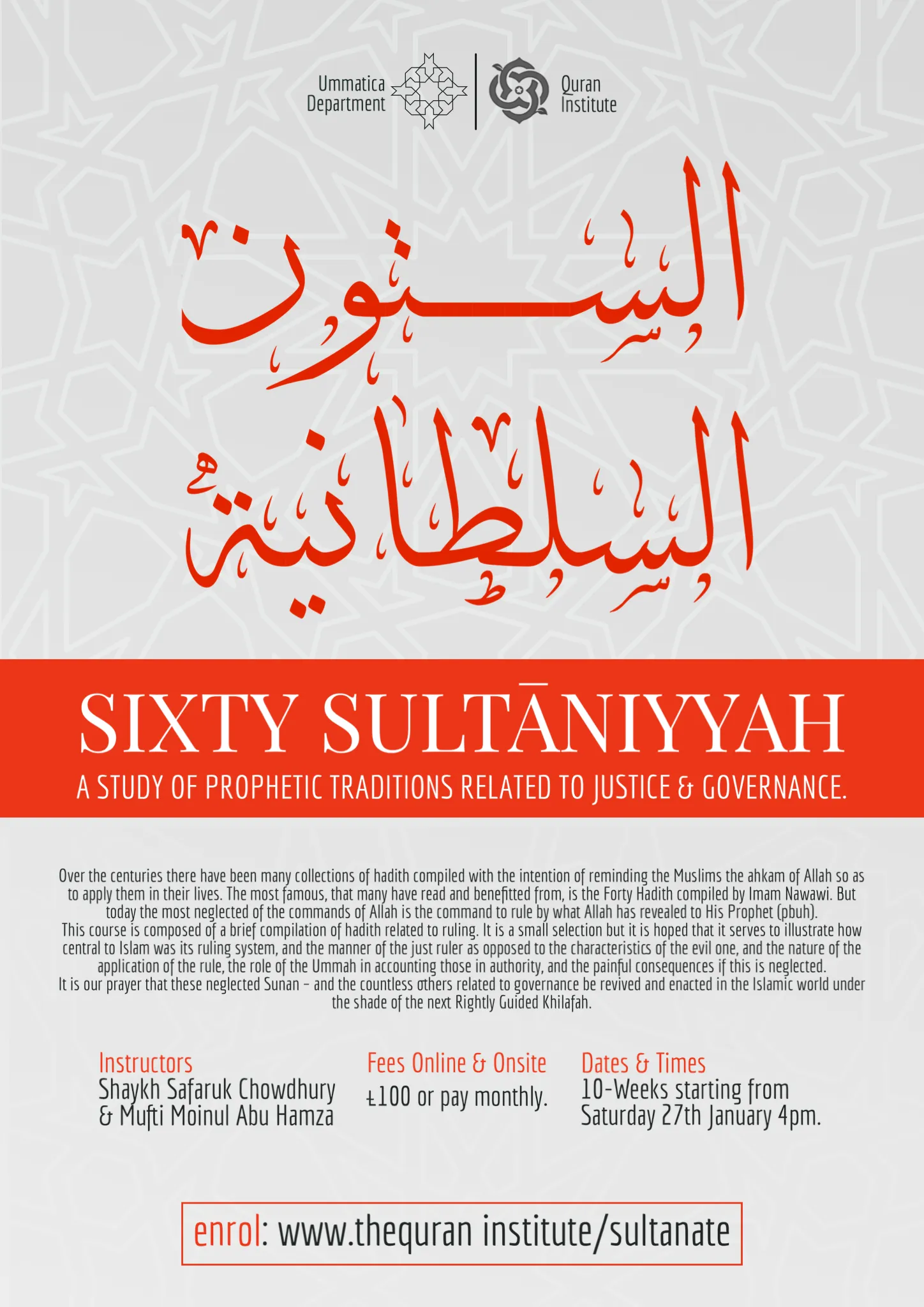
The Sixty Hadith of Sultaniyyah
Designed by Shaykh Dr Safaruk & Mufti Moinul Abu Hamza
Welcome to the Family Program
Welcome to the Quran Institute Library
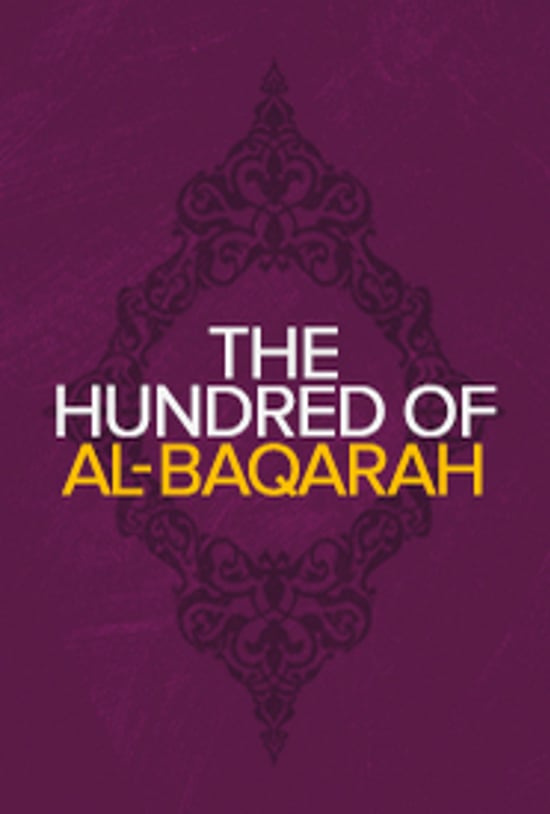
The Hundred of al-Baqarah
"The Hundred of Al-Baqarah" (المئة الأولى من البقرة) course will cover approximately the first hundred ayahs of Surah Al-Baqarah that cover three central themes that are essential for us in this day and age. This Madinan Surah forged a community based on a unique bond that allowed them to see their collective problems through this bond.
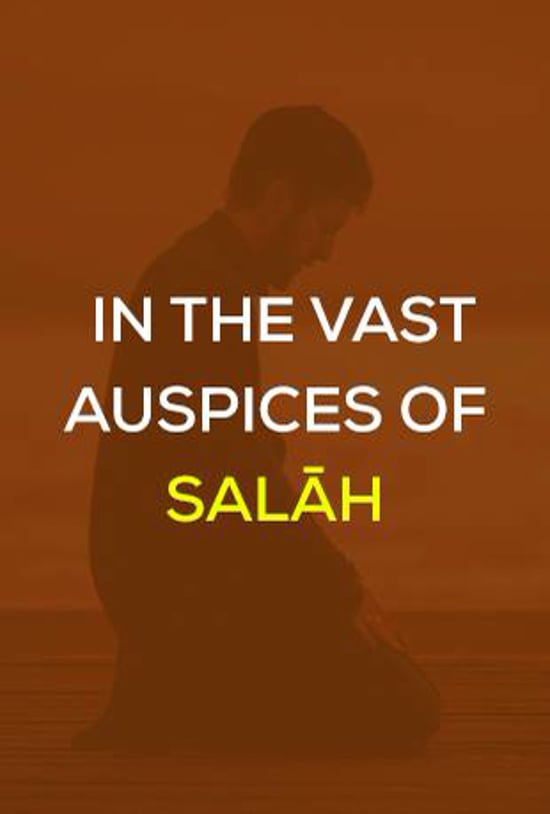
In The Auspices of Salah
In this one day course we will explore the inner dimensions of prayer and its connection with life.
Includes an explanation of various tafsir in relation to the seriousness and importance of maintaining one's Salah and the destruction that lays ahead of one that abandoned it to the grave sin one earns in negligence towards it.
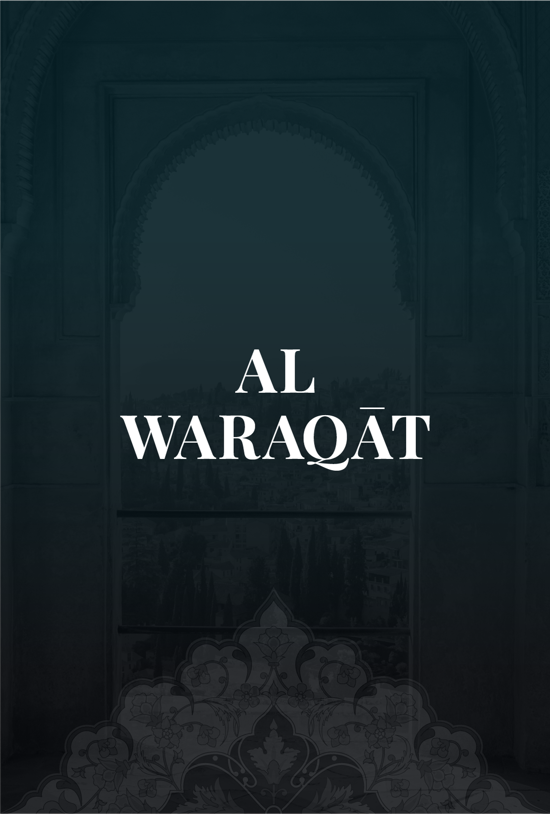
Al-Waraqat: A Primer in Usul ul-Fiqh
An introductory course in Imam al-Haramayn al-Juwayni's classical manual of Usul-ul-Fiqh.
Instructor: S. Z. Chowdhury BA, AKC in Philosophy, MA, MPhil PHD. Currently doing a PHD specialising in Khurasänian Sufism. This course is suitable for foundation and intermediate level students in Islamic studies.
Occidentology
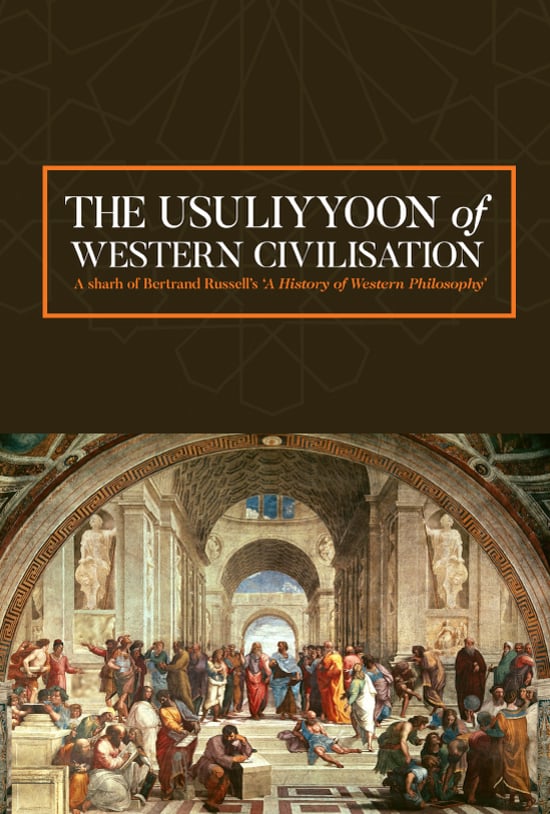
Usuliyyoon of Western Civilisation
Delivered by Ust Abdullah Al-Andalusi.
This course will explore the history of Western civilisation and the principles of western philosophy and political thought based on the exposition of Bertrand Russell's History of Western Philosophy.
This is a historic journey that will start in Ancient Mesopotamia and Egypt and its influence on a then backwater on the outskirts of civilisation called Greece.
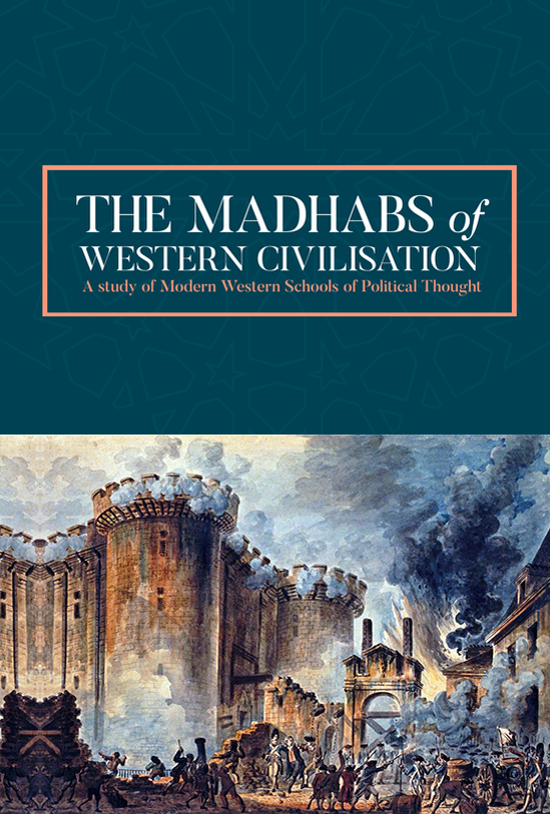
The Madhabs of Western Civilisation
Delivered by Ust Abdullah Al-Andalusi.
The course will look at each of the different schools/sects of Western political thought within Western Civilisation today, featuring an in-depth look at each school or “sect’s creeds, aims, ideological justifications, their origins traced back to the Western enlightenment-era, what makes them different from other schools/sects, and their main points of conflict with rival schools/sects.
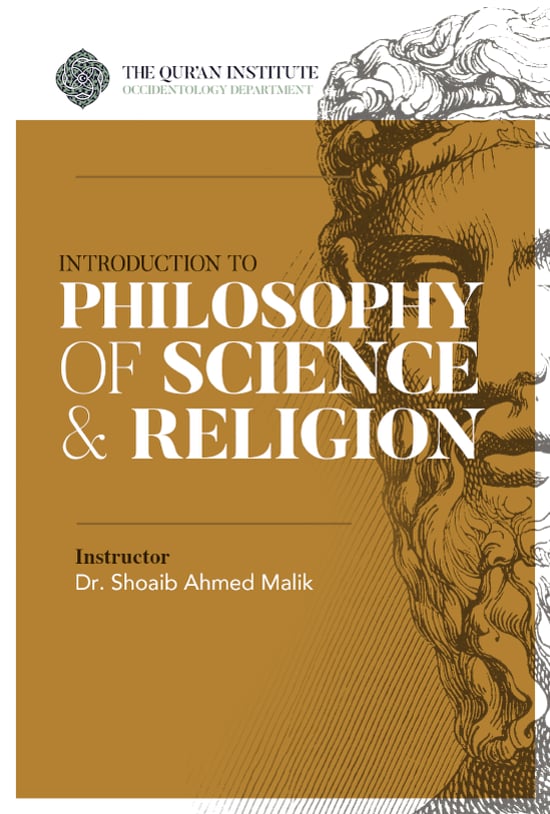
Philosophy of Science & Religion
Delivered by Dr Shoaib Ahmed Malik.
This is an introductory online course that is aimed at helping Muslims realise some of the contemporary problems raised by modern science and philosophy It provides a landscape where these issues can be explored in a safe space where participants can openly discuss and share their opinions. This course consists of four sessions spanning over nine hours.
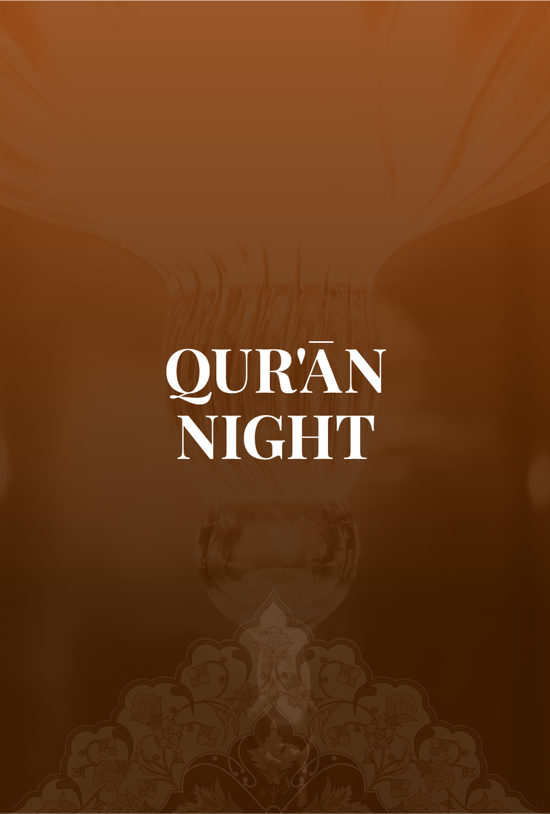
Quran Nights Collection
A selection of tafseer classes delivered by Mufti Moinul Abu Hamza.
Includes: Surah Al-Asr - The Four Gates to Change & Productivity, The Youth of the Cave Tafsir of Surah Al-Kahf, Escaping from and Returning to Pharoah: A Different Musa
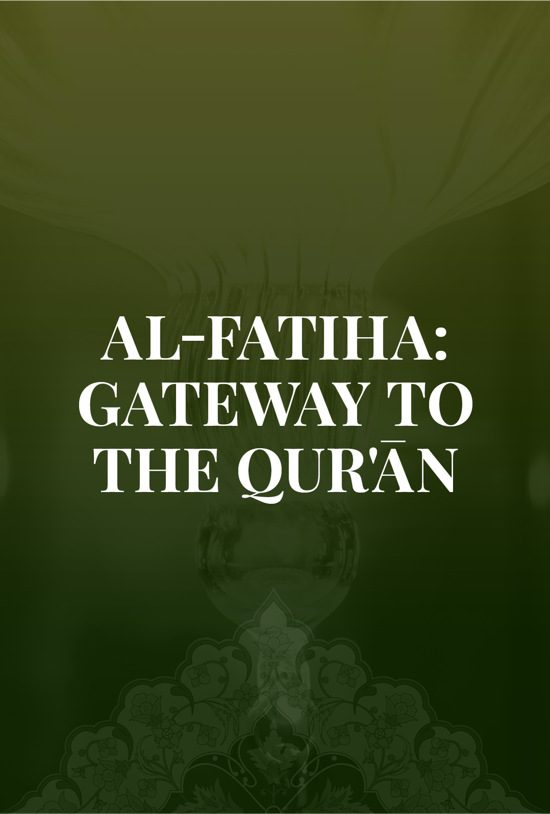
Al-Fatiha: Gateway to the Qurān
Include a direct translation and explanation in English.
We will read the Ayaat in Arabic then translate and discuss the central ideas found in these passages in light of classical and contemporary commentaries.
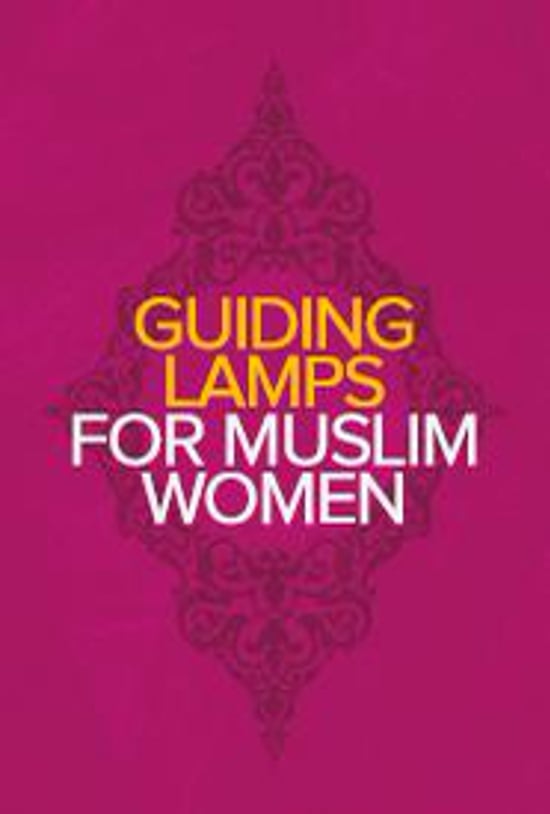
Guiding Lamps for Muslim Women
A selection of tafseer classes delivered by Muftiya Nasima Umm Hamza delivered to the community.
Includes: The evidences for Hijab and Tafsir of Surah At-Takweer and Surah At-Tahrim and a detailed discussion on Ramadan.
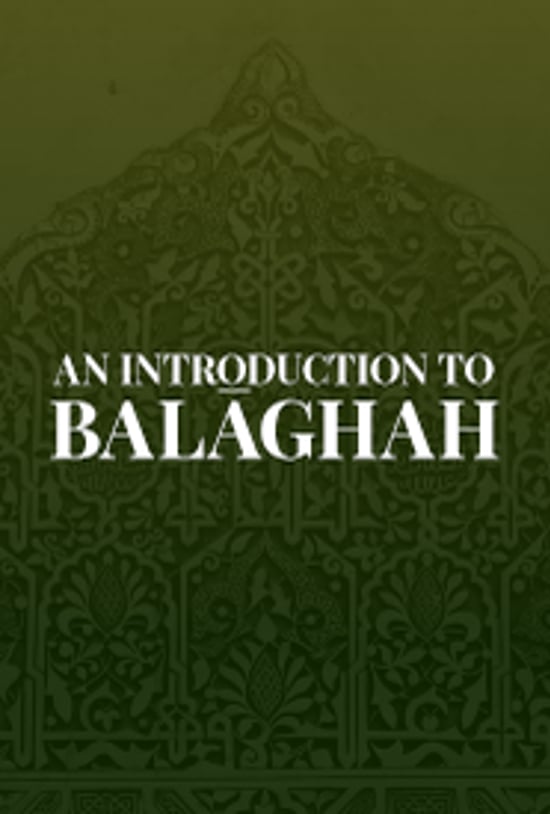
An Introduction To Al-Balagha | Classical Arabic Rhetoric
This course is part of the Arabic Renaissance Course. For those studying the foundation level in Nahw (Grammar) and Sarf (Morphology) then Balagha is a study in Arabic Rhetoric.
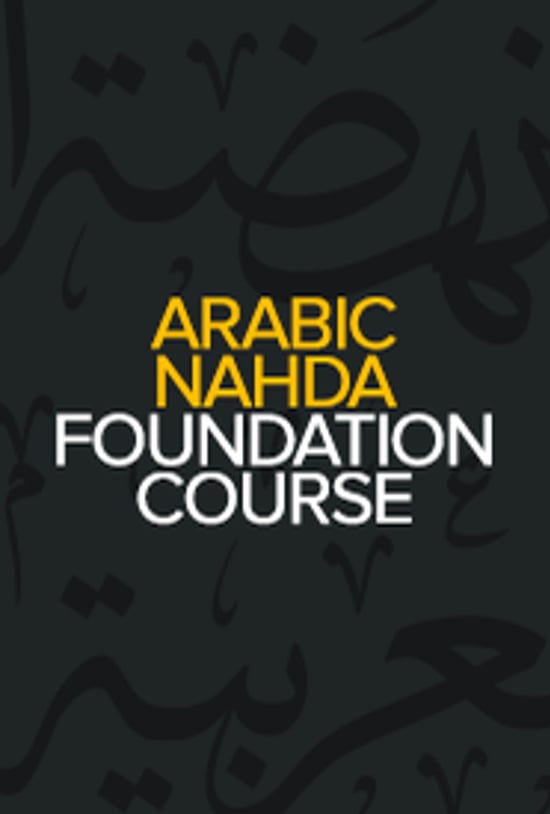
Arabic Renaissance Foundation
A foundation level in Arabic Grammar. This is based on several Arabic texts from Bayna Yadayk &
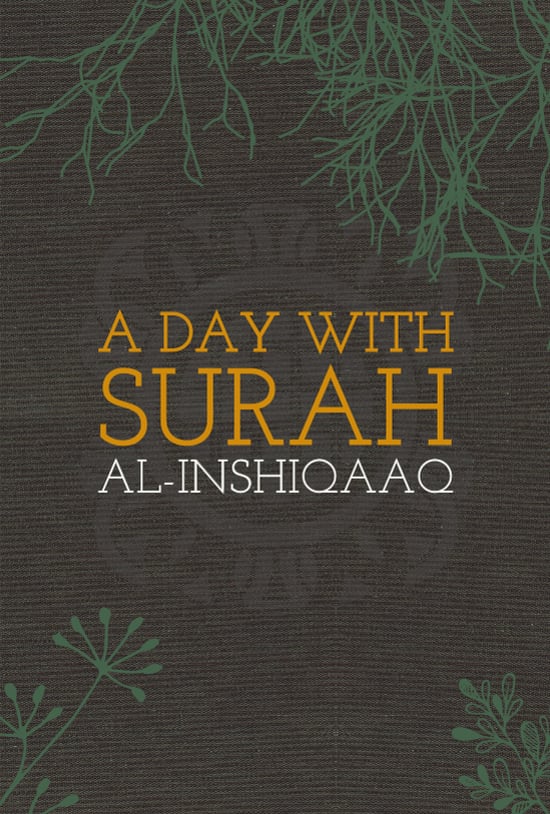
A Day with Surah Al-Inshiqaaq
The class will cover major Quranic themes such as Death, Yaum Al-Qiyamah, Yaumul Hisab, transitions of human existence & an insight into how the Sahaba (ra) view the dawa living in a non-Islamic society.
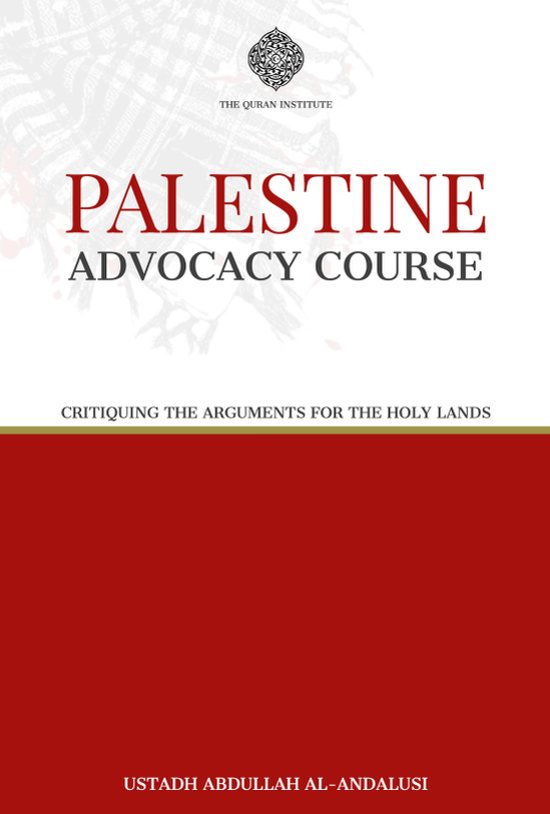
Palestine Advocacy Course
By Ustadh Abdullah Al-Andalusi.
The course evaluates a list of arguments used to justify the moral and legal arguments used for and against the establishment of Israel and its subsequent actions, analysed in light of established facts, ranging from international law, historical and religious claims to the land, and the treatment of Palestinians both inside and outside the 1948 demarcation line.

Philosophy of Science & Religion
Delivered by Dr Shoaib Ahmed Malik. This is an introductory online course that is aimed at helping Muslims realise some of the contemporary problems raised by modern science and philosophy It provides a landscape where these issues can be explored in a safe space where participants can openly discuss and share their opinions. This course consists of four sessions spanning over nine hours.

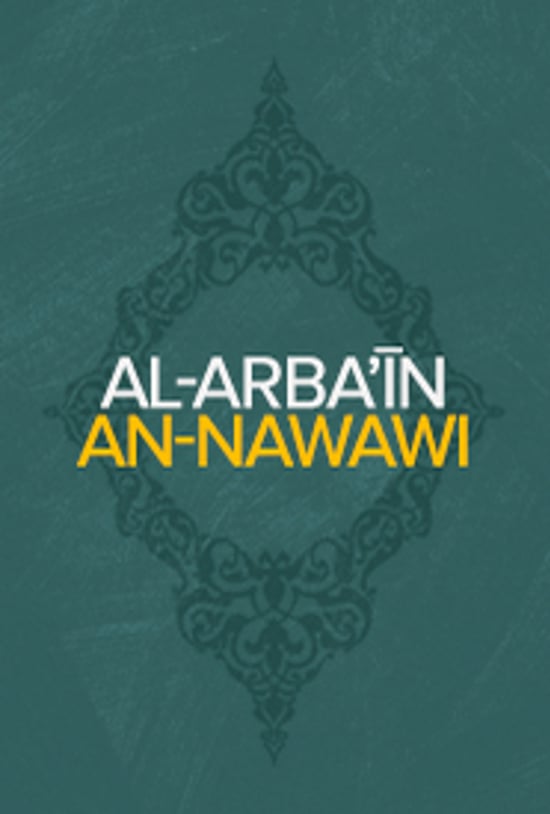
The Hadith Show - Forty Hadith of Imam Nawawi
Shaykh Safaruk Chowdhury will be expanding on the commentaries of Imam Najmuddin At-Toofi and others and linking this timeless text to our contemporary contexts and so that we can follow the Prophet (pbuh) as a lived experience. The aim is to practice these hadith in our own lives and to increase us in our love for Muhammad Al-Mustapha.
